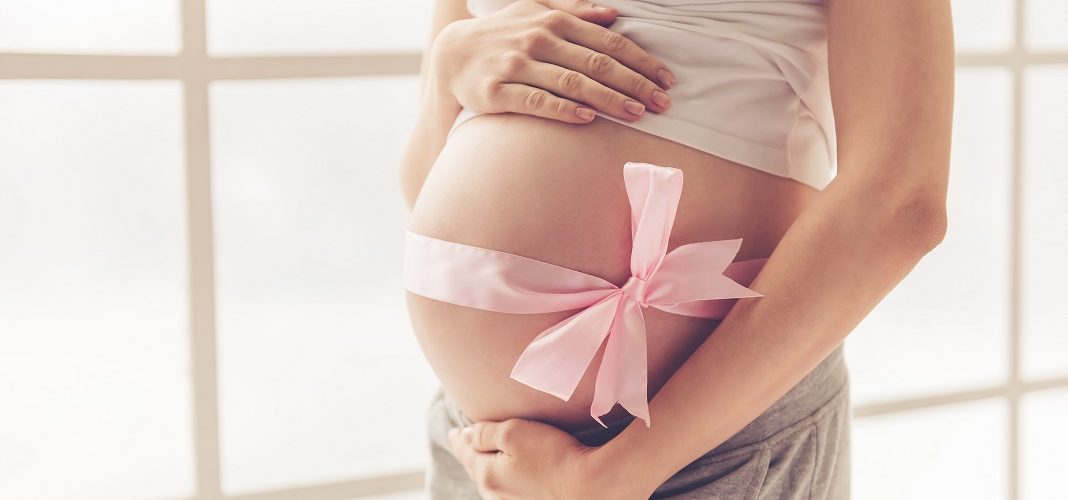

As if going through diagnosis and treatment for cancer weren’t enough, there is an added stress for many women in that they may not have started or completed their families beforehand. While treatments for cancers improve year on year, and survival rates for certain types are now higher than ever, there are other consequences that must be considered. However, having had cancer is no longer a barrier to becoming pregnant later on. There are important factors to consider, but these do not mean that the cancer survivor must give up her dream of starting or expanding her family. Working with IVI’s new techniques and fertility treatments, such as fertility preservation and IVF, women who have endured chemotherapy or radiation therapy may still find that they are more than capable of getting pregnant and giving birth. Overcoming cancer is step one, and the options for step two and onward are plentiful.
What factors affect pregnancy after cancer?
There are many aspects of each individual woman’s case that must be looked at by medical professionals before determining whether she is a suitable candidate for fertility treatments. The type of cancer and stage that she was at prior to diagnosis, treatment and recovery are very important factors. A female patient who has gone through ovarian cancer and treatment will have completely different circumstances and prospects to one who has had lung cancer and treatment. Information on the stage reached is important as it will help to give IVI’s experts an idea of what the patient’s body has already endured, and what it may be capable of in the future. The type of treatment that the patient went through for this cancer is also of utmost importance. Some therapies will be less harsh on the body than prolonged chemotherapy, for example.
After receiving the all-clear to try to get pregnant, some doctors do recommend that former cancer patients wait for six months. Others recommend waiting between two and five years. Again, this is dependent upon the individual patient’s own set of circumstances. However, this does mean that for women who are at the upper age limit for falling pregnant, time constraints come to the fore. IVI’s own reasonable guidelines set the upper age limit for women trying to conceive at 50, but the younger the better. Discussing the patient’s own history and circumstances will be vital to determining whether she is a candidate for IVF or other fertility treatments. Either way, pregnancy should not be considered impossible following cancer and cancer treatment.
How pregnancy affects cancer
The good news is that studies seem to show that pregnancy does not affect the rates of cancer coming back after remission. This means that a woman who has gone through treatment for cancer and subsequently decided to try to conceive can rest assured that she is not increasing her chances of a relapse by trying for a baby. Unfortunately though, harsh treatments do often reduce the likelihood that the patient will fall pregnant. Radiation therapy may have affected the blood supply to the uterus and may increase the chances of miscarriage, low birth weight and premature labour. Chemotherapy has other drawbacks, the most significant of which is that it may negatively affect the heart. Pregnancy puts a strain on even the healthiest of hearts, and so this is something that must be discussed in depth with your consultant before going ahead with IVF or other fertility treatments. Women who have been through chemotherapy and gone on to have a baby may be advised to postpone or avoid breastfeeding as a result. This is due to the possibility of any chemical residues that may remain in the body coming through in breast milk.
Some cancers appear to have a genetic element but plenty do not, meaning that in many cases there does not seem to be a link between parents who have suffered cancer and their children being at a higher risk of developing the disease.
Fertility treatments
Young women who have been diagnosed with cancer may be given the option of freezing their eggs. If this is a possibility, it should be taken advantage of as the younger the eggs, the better quality they will be, and especially if the patient is due to go through treatments that will affect her physically. Following treatment and remission, the patient will then have the increased luxury of time before attempting a cycle of IVF. If this is not an option, there are still further possibilities for the patient. Depending on her age and circumstances, it may be that her eggs are still suitable for IVF post-cancer. If they are not, she may be advised to look at egg donation as a solution. Fertility clinics in Spain are ideal if the patient decides to go down this route as there are short to non-existent waiting times for egg donation. This is not the case in some other countries. For those patients who do not have a lot of time to waste in waiting for donors or availability of treatment at clinics in their home country, egg donation in Spain may be the perfect way to move forward quickly.
Cancer and its treatment can be a traumatic experience for the patient and her family, and sometimes the after-effects of the disease are not felt fully until the patient is in remission. It can come as an additional blow to the patient or couple to think that their dream of having a family may be compromised by this experience through its knock-on effects on fertility. However, this is where IVI can help. With our ground-breaking research and cutting-edge treatments, we are delighted to be able to provide hope where previously there was none. With fertility treatments in Spain being so accessible, and with the knowledge and expertise of our medical professionals, getting pregnant and delivering a healthy baby after cancer is still very much a possibility.





Comments are closed here.